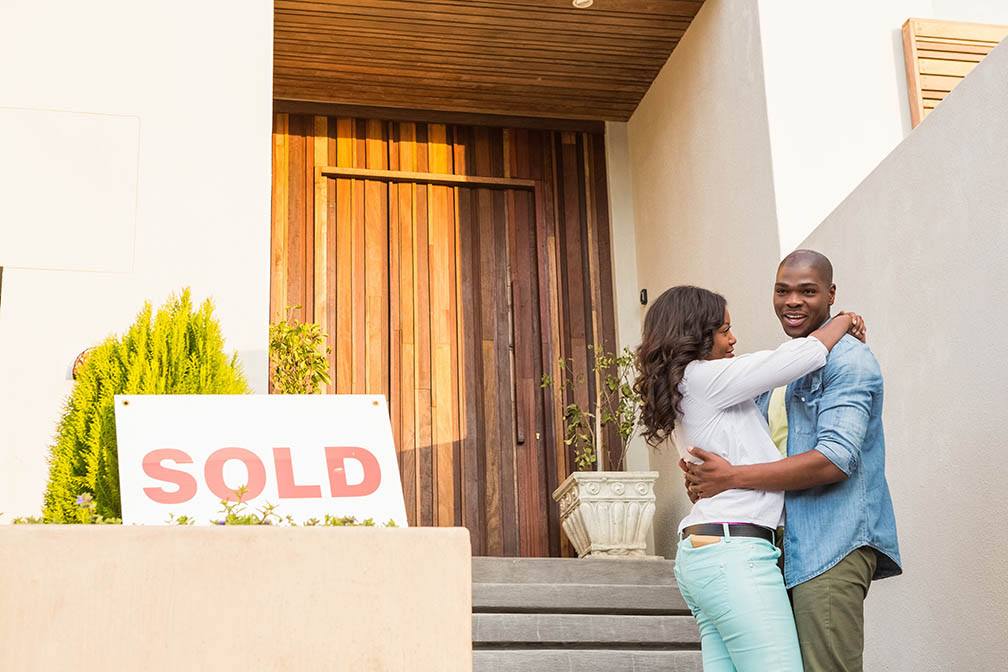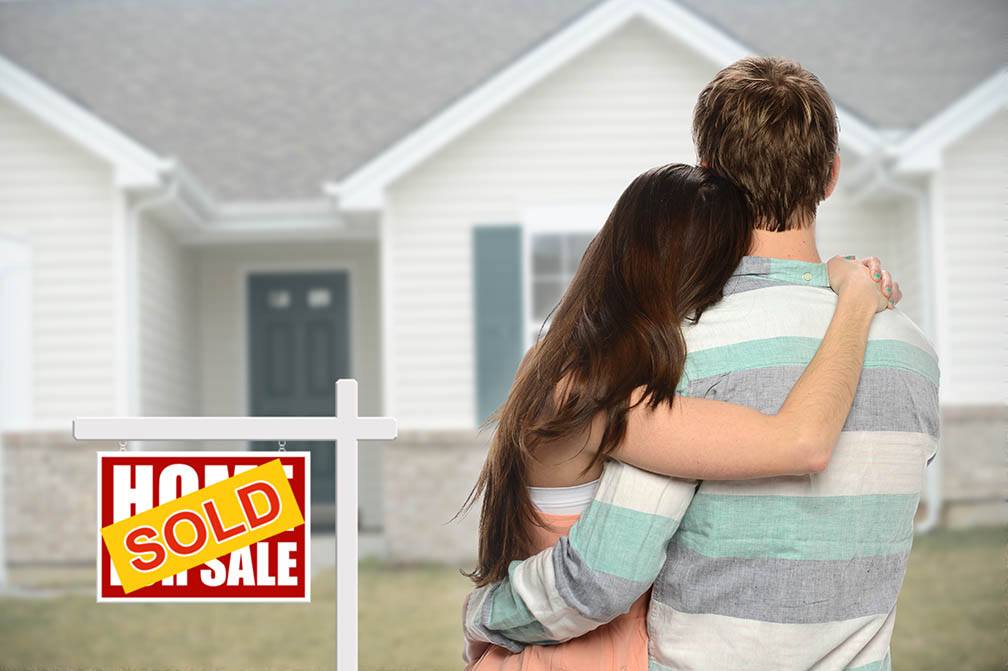One-stop Shopping: The Quick and Easy Guide to Buying a Home the First Time You See It
 Most people peruse the real estate market for a while before they bite down and decide to invest in a home. However, whether you’re in a rush or you think you’ve found the ideal place, it’s possible you may be ready to put in an offer on the first visit. If you’re trying to determine how you can get the home you’re looking for the first time around, here are a few things to be aware of when going in.
Most people peruse the real estate market for a while before they bite down and decide to invest in a home. However, whether you’re in a rush or you think you’ve found the ideal place, it’s possible you may be ready to put in an offer on the first visit. If you’re trying to determine how you can get the home you’re looking for the first time around, here are a few things to be aware of when going in.
Are There Any Maintenance Issues?
If you’re planning on putting in an offer right away, it’s imperative to take a look around at any maintenance issues that jump out. You may not be able to notice all of the things that might be in need of fixing, but watch out for things like peeling paint, windows drafts and small fix-ups that haven’t been completed. This will give you a sense of what the overall home maintenance is like and may be a good sign of whether the home is a solid bet.
What Are You Willing To Pay?
Many people have an idea of what they want to spend, but it often flies out the window as soon as they see their dream home. It’s important, however, to keep in mind what kind of offer you want to put down and not stray too far from it. This will ensure that you pay a reasonable price for your home and won’t be stretching your monthly budget. It’s just important to be ready to negotiate!
What Do You Really Want?
It’s easy to get swept away by the excitement of investing in a home, but if you’re planning to buy you’ll need to know exactly what you’re looking for so you can avoid buyer’s remorse. Instead of making a split decision, write down a list of the things that you absolutely must have and the things you can do without. If you find a great place, you might be willing to let go of them in the moment, but review the list before making an offer to ensure it’s the right choice.
 There’s often so much enthusiasm that goes along with buying a home that the idea of leaving the old one behind is left in the dust. But, while you may love both your old home and your new home, it can be difficult to leave what’s old behind. If you’re struggling with adjusting to your new dwelling place, here are some tips for how to make it feel like it’s where you belong.
There’s often so much enthusiasm that goes along with buying a home that the idea of leaving the old one behind is left in the dust. But, while you may love both your old home and your new home, it can be difficult to leave what’s old behind. If you’re struggling with adjusting to your new dwelling place, here are some tips for how to make it feel like it’s where you belong. Are you about to become a first-time home buyer? If so, there’s a lot to get excited about. You’ll soon be a home owner, able to customize and improve your living space as you see fit.
Are you about to become a first-time home buyer? If so, there’s a lot to get excited about. You’ll soon be a home owner, able to customize and improve your living space as you see fit.